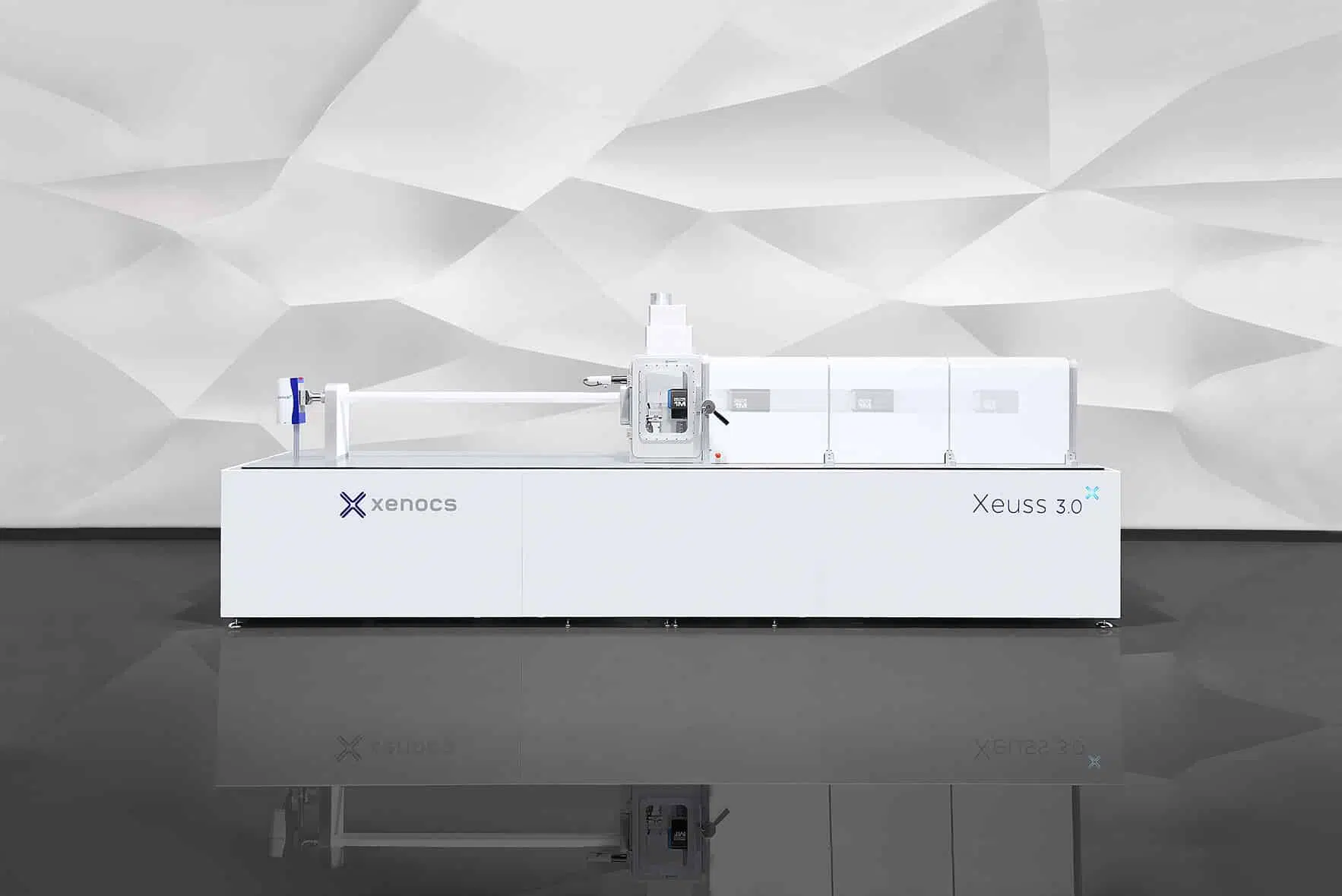ACS Materials Letters, 2019, vol 1, 1, pp. 147-153
DOI:10.1021/acsmaterialslett.9b00069
Abstract
Metal–organic frameworks (MOFs) are usually synthesized in powder form. For many practical applications, MOFs need to be shaped into monoliths that can be easily handled. However, conventional shaping methods, such as pelletization, often result in a decrease in functionality. Recently, MOF-containing monoliths have been made using direct ink writing (DIW; extrusion 3D printing), but to date, high additive loadings have been required. In this work, we demonstrate that colloidal gels containing only ethanol and Cu3(BTC)2 (BTC = 1,3,5-benzenetricarboxylate) (HKUST-1) nanoparticles can be used directly as an ink for the DIW of pure densely packed and self-standing MOF monoliths. The MOF gel shows ideal rheological properties for 3D extrusion-based printing, suggesting this method may be generalized to other MOF families that form gels. Importantly, the accessible porosity and surface area of the MOF is retained well after shaping. The 3D printed HKUST-1 monolith displays an exceptionally high BET surface area of 1134 m2/g, and a high mesopore volume. We demonstrate that for methane storage, a classical application of HKUST-1, the 3D printed monolith is comparable or superior to monoliths formed by other shaping methods.


































